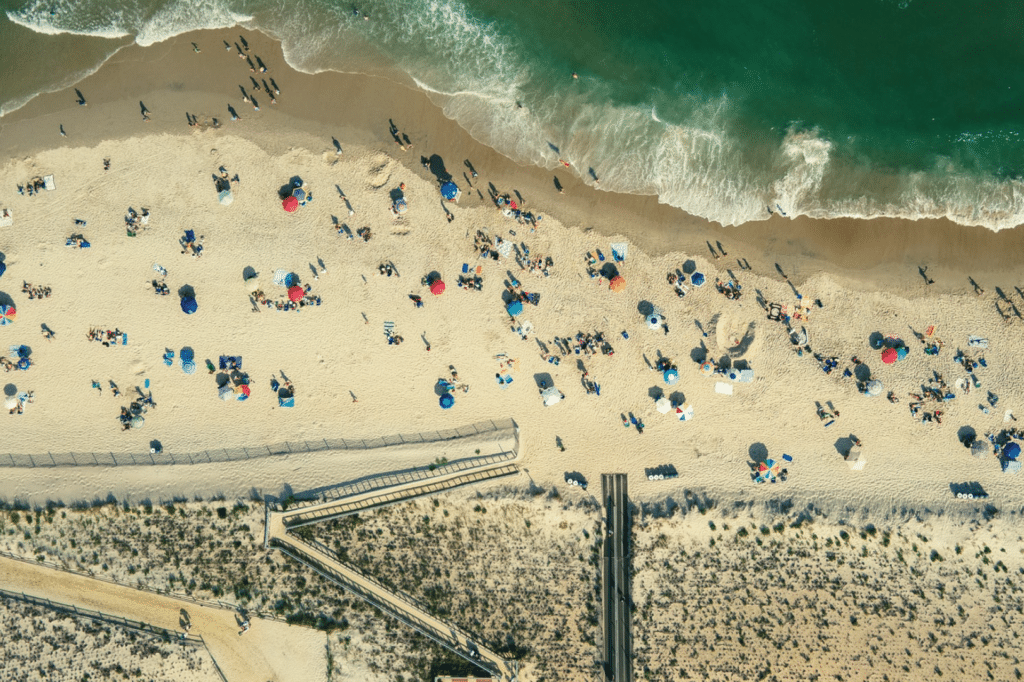The State of New Jersey Department of Human Services provides data to the public on mental health treatment services and needs throughout New Jersey. Data from the Department of Human Services (DHS) indicates the Division of Mental Health and Addiction Services, which serves adults with severe and persistent mental illness (or anyone in the state who believes they have a mental health problem that could benefit from treatment. The Division of Mental Health and Addiction Services (DMHAS) spent just under $975 million on mental health treatment in the past year.
The Division of Mental Health and Addiction Services provides mental health care to just under 300,000 state residents each year. According to SHAD (New Jersey State Health Assessment Data), the most extensive demographic needing mental health help in NJ in 2018 were adults ages 18-34. This age group accounted for approximately 12% of the data provided. However, according to data tables provided in the public health data resource, the demographics (18-34, 35-49, 50-64, and 65+) are separated by less than 1% overall.
Although women often struggle with addiction at a higher rate than men (based on national data), the statistics from New Jersey indicate the ratio of men to women seeking treatment in New Jersey is 46% to 54%, respectively. Like many other cities and states across the nation, Caucasians (53.7.%) and Black/African American (19%) populations struggle with mental illness at higher rates than other demographics.
American Indian and Asian demographics showed the lowest rates of mental health treatment; however, there could be several reasons for this. It is indeed possible that barriers to treatment such as availability, insurance coverage, stigma, community and religious belief, and societal expectation may limit treatment access for members of these demographics.
Most New Jersey residents seeking help to overcome mental health choose community-based programs and inpatient care or residential programs. A small portion received mental health services in a state mental health treatment center.
When reviewing current data, it is essential to remember that the state of mental health in many areas is declining. The COVID-19 pandemic and the challenges that have developed out of illness, ongoing isolation, and economic difficulties significantly worsened the mental health challenges faced by millions of people across the nation, including New Jersey residents. Between September 29, 2021, and October 11, 2021, almost 29% of New Jersey residents reported experiencing anxiety disorders or depression disorders. This is higher than the national average of 31.6%.
Substance use disorders and deaths related to substance abuse and mental illness are also rising in New Jersey. Over the last five years, the rate of overdose death has continued to grow. In 2020, 32 deaths per 100,000 were linked to substance abuse. This is a significant increase from 16.7 per 100,000 in 2015. In 2020 alone, there were over 2,500 opioid overdose deaths in New Jersey. This accounted for nearly 90% of all drug-related overdose deaths statewide. Deaths related to opioid use and misuse increased to 28.4 per 100,000 from 0.7 per 100,000 between 2015 and 2020.
Although there are several mental health treatment facilities in New Jersey, a large portion of the population who could significantly benefit from comprehensive mental health care do not receive the treatment they need to get well. Estimates as many as 70% of New Jersey residents with a mild mental illness did not receive potentially lifesaving mental health treatment between 2018 and 2019.
Similar statistics apply to individuals with moderate and severe mental illness with approximately 54% and 36%, respectively. Before the onset of the COVID-19 pandemic, almost 5% of New Jersey adults reported an unmet need for mental health treatment. In 2020, nearly 11% of New Jersey youth (ages 3-17) went without necessary mental health treatment.


















